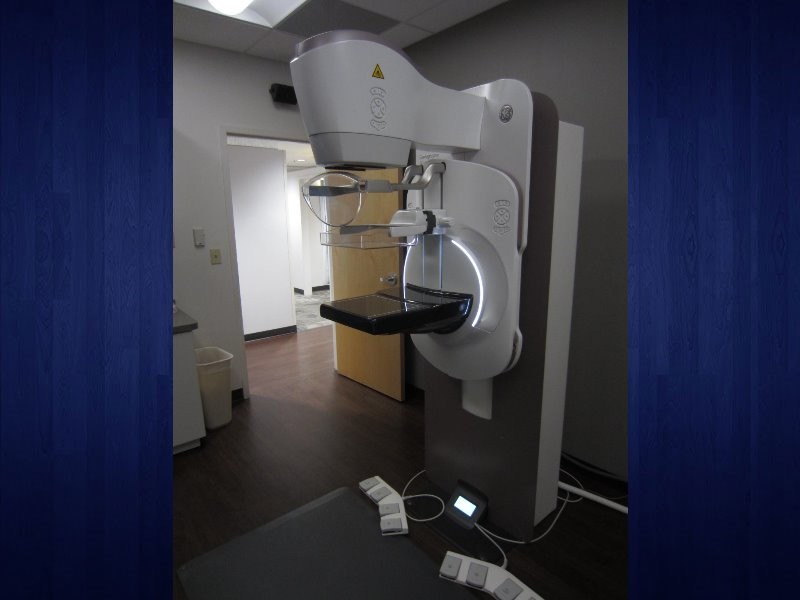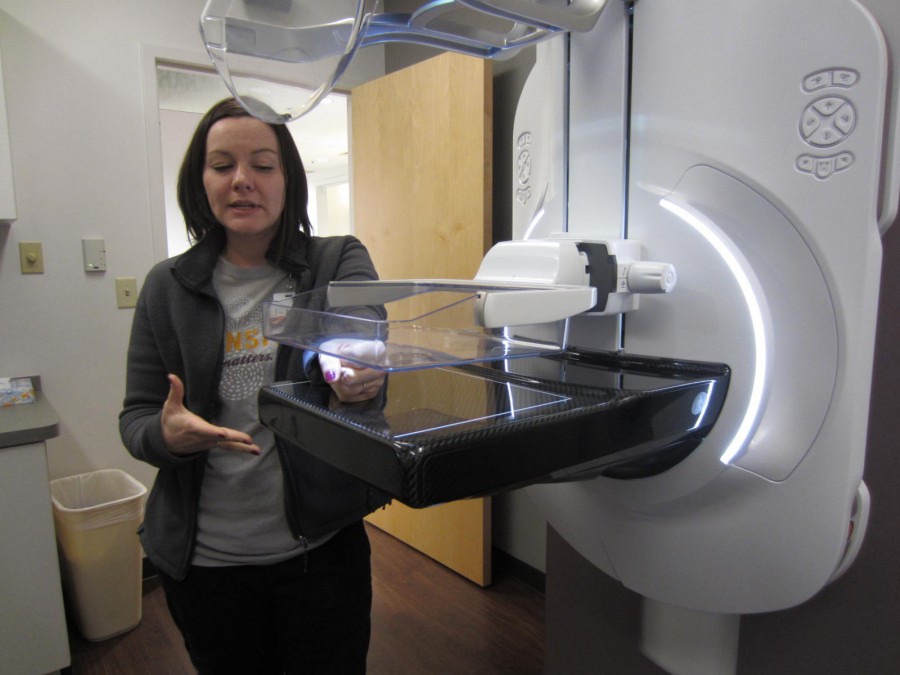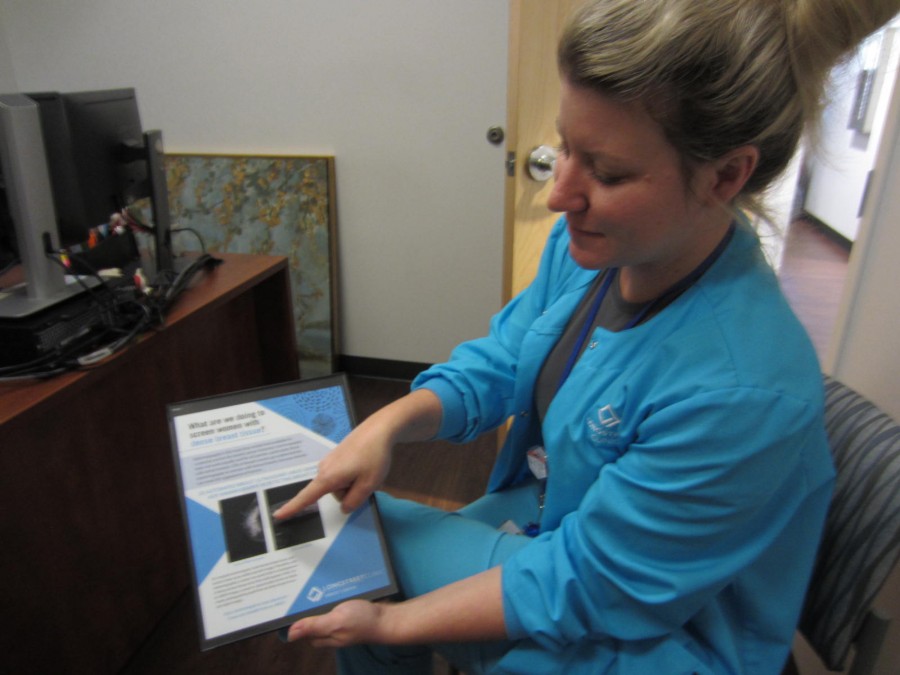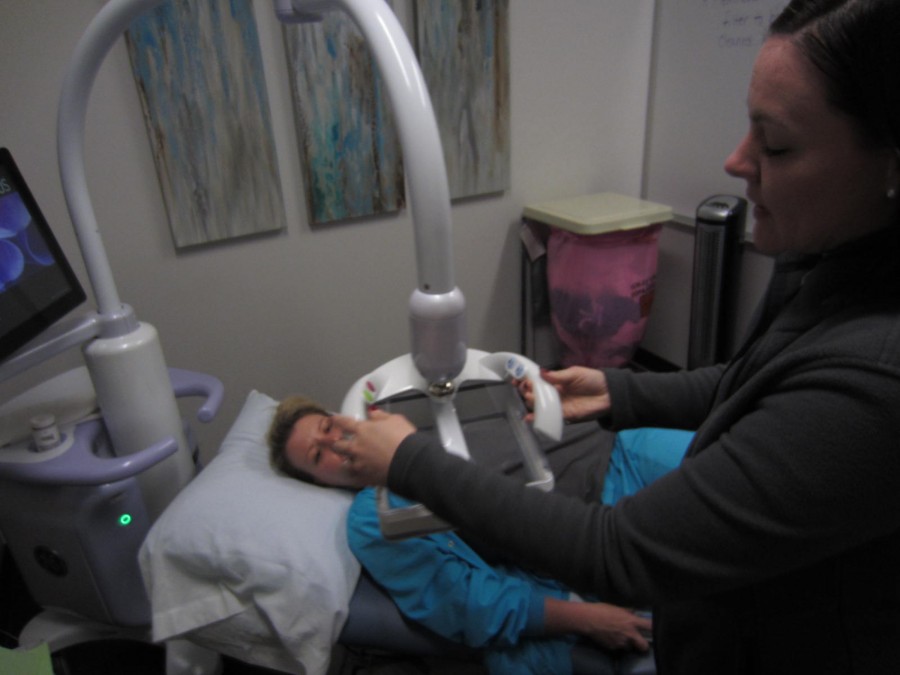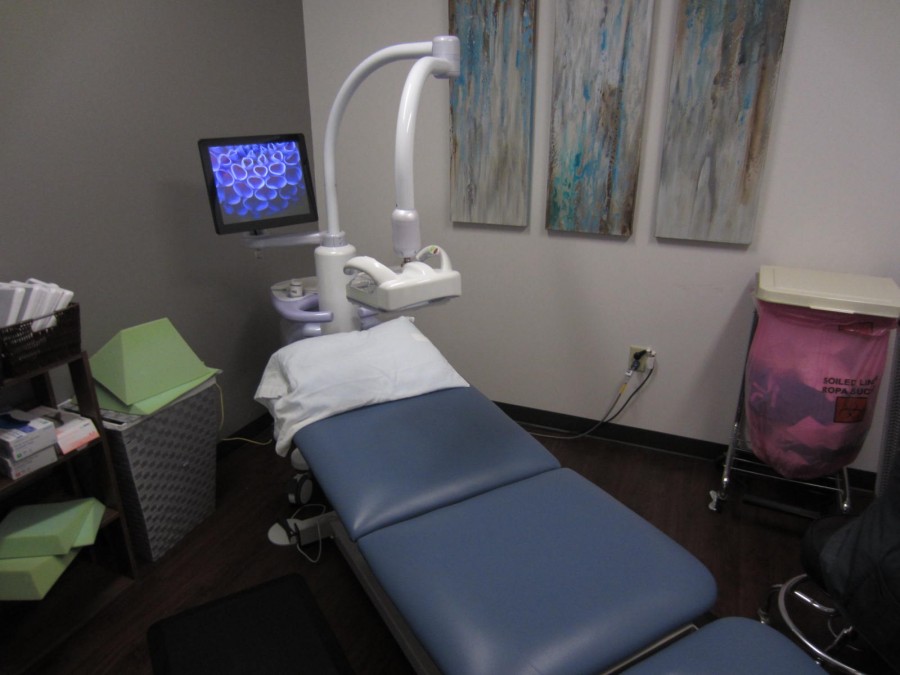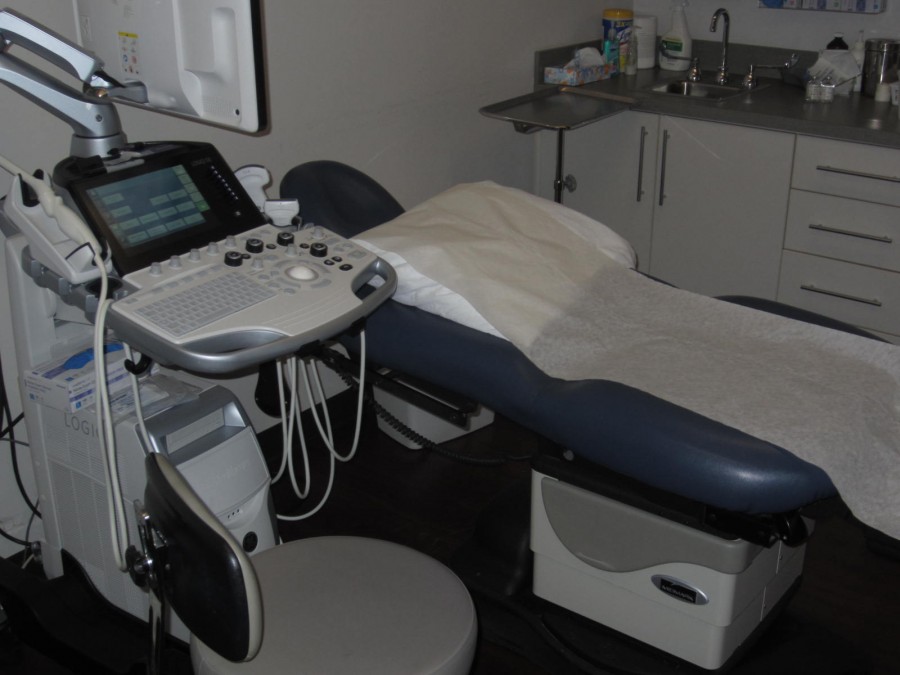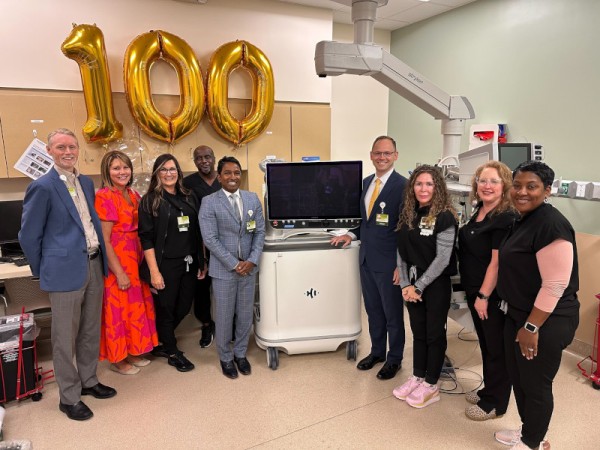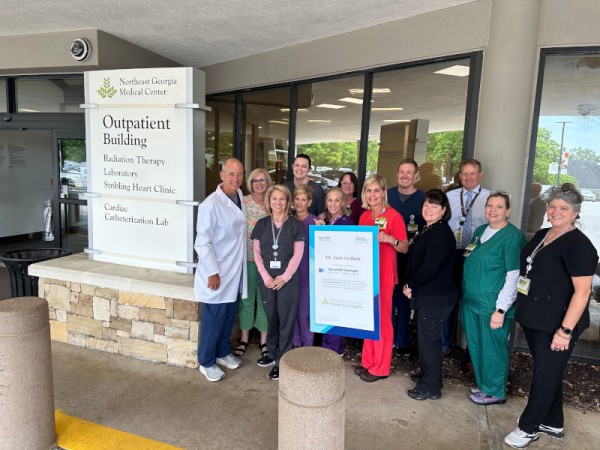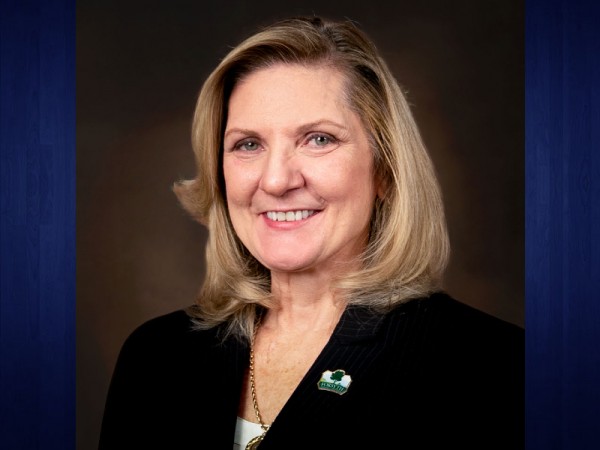It starts with a lump - or does it? Women, men and children are routinely diagnosed with breast cancer and many seek medical attention after locating a lump in the breast area. But, specialists at the Longstreet Clinic Breast Center say mammograms, including newer 3D mammograms, alongside ultrasound technology, can help locate abnormalities long before they become a lump easily felt by the patient.
By the time a patient discovers an abnormality, the first emotion is usually fear. And since cancer can be costly to treat, those at any income level, especially at or below the poverty line, can become more fearful when they think of the price tag for treatment. Aside from questions about their health buzzing through a patient's head, they may wonder if they will have to chose to live in massive medical debt, or if their diagnosis is a death sentence.
New technology allows specialists at the Longstreet Clinic's Breast Center to detect abnormalities earlier and easier. That allows all patients more time to find something not quite right, long before a lump is large enough to be physically felt in the breast. And, Clinical Coordinator for the Imaging Department and Breast Center Nichol Hughes said their low-income patients shouldn't fear the co-pay.
"Anyone who has a breast problem needs to come in and be seen and our policy is for people with breast problems, we do not collect up front," said Hughes. "We do have payment plans available so we can get people seen, because we want people to take charge of their health care and be able to be treated."
Longstreet Clinic has surgeons, primary care, imaging and other services in house, so Lead Mammotech and Mammotracking Coordinator Ashley James said their breast health and cancer treatment can have a different feel than your standard doctor's visit. "It's a little bit different than if you were to go through a hospital setting," said James. "You're looking at, not a difference in what's provided to you, per se..."
"But the personalization. You're going to get a lot more personalized care because we're not a big, huge corporate entity," said Hughes.
Regardless of whether a patient prefers a hospital, a clinic or something else, Hughes urged everyone to maintain routine care, such as self exams and annual doctor visits, to increase chances of early detection, which will not only be less costly but also is more manageable to treat.
"By the time something is going to affect you in the way that you're feeling a lump the size of a golf ball, it's not going to be as treatable as it is if you come in and do your annual screening, do your self-checks, see your provider annually and they can catch something really small that's not going to require surgery, radiation, crazy amounts of chemotherapy," said Hughes. "It's more important to catch it early."
Not only is early detection best for your health, but Hughes and James agreed that early detection is a money saver, even using the latest technology. Hughes said the 3D screening ultrasound was about $235 and self-pay mammography ranged from the upper 100's to the upper 200's, depending on what service was needed. And whether or not a patient has insurance, they still have options.
"We're able to bill in office, which means our contracted rates with insurance companies are going to be a lot lower than what you'd see through a hospital system," said Hughes. "Also, we have really competitive self-pay rates."
The Longstreet Clinic also partners with income assistance programs for those who might need more help in their preventative care. And, age-appropriate preventative care, such as a mammogram for a 40 year old woman, is covered under the Affordable Care Act, often without co-pays or co-insurance. More information on how that works can be found here.
The two new 3D mammography machines the clinic installed over the summer are quickly becoming the new gold standard, said James.
"It's great for looking at the breast, especially women who have dense breast tissue, which is just normal but thicker type of breast tissue," said James. "It just helps to kind of dig through that tissue a little bit better, offering an increased detection rate."
James and Hughes explained the x-ray technology is designed to work with automated breast ultrasounds (ABUS) to detect even the smallest problem, especially among that 40% of women with dense breast tissue.
She said the 3D mammogram is a similar concept to the 3D sonograms many expectant mothers receive.
"One of the best ways I've heard it described so far is you can kind of take the breast and look at it almost in layers. For example, if you had a book and you opened the book and you see all the different pages, that's how they're able to look at the breast tissue with the 3D mammogram," said James.
Longstreet is the only facility in the area to offer ABUS.
A standard mammogram machine and the new 3D mammogram machines are basically the same, James said, but the technology that views the breast tissue is what makes it different. The procedure still requires compression, which James said some women find uncomfortable. That discomfort can create a sense of dread for some patients, who may opt out of the annual check up all together because of it, but James urged patients not to let the discomfort stop them from getting checked out.
"It's a very quick exam, it's tolerable, the machines themselves have gotten better over the years as far as comfort level, especially with our 3D mammography units," said James. "We've had a lot of patients telling us that the compression is much more tolerable."
Women with a first degree history of breast cancer, like a parent, or have tested positive for one of the gene mutations are encouraged to get their first mammogram between the ages of 35 and 40; the standard age for first yearly mammogram is 40.
"At any age, though, if you feel something abnormal with your breast tissue, that's when you'd want to get in touch with your provider because diagnostic imaging has to be ordered by a doctor," said Hughes.
Regardless if co-pays, cash or fear itself are preventing a patient from seeking routine care, everyone is encouraged to perform a monthly self breast exam. James said the main purpose of the self-exam is for patients to get to know their own breasts well so they can determine if something feels off and when they need to see a doctor to get things checked out, however, it's not a reason to skip an annual exam or mammogram.
"The difference with, for example, imaging the breast tissue, is that you're hoping to find things before it's something that can't be felt," said James. "So that's finding even the finest little details that have changed from year to year."
Never done a self-exam? Follow this guide from the National Breast Cancer Foundation.
Men need to know their bodies, too - males make up 1% of breast cancer cases. The Male Breast Cancer Coalition is a not-for-profit organization that features educational information directed towards men, including proper self exam techniques. Another resource for men is HIS Breast Cancer Awareness, a 501(c)(3) nonprofit founded by a brother and sister who were both diagnosed with breast cancer.
|
RESOURCES IN HALL COUNTY |


